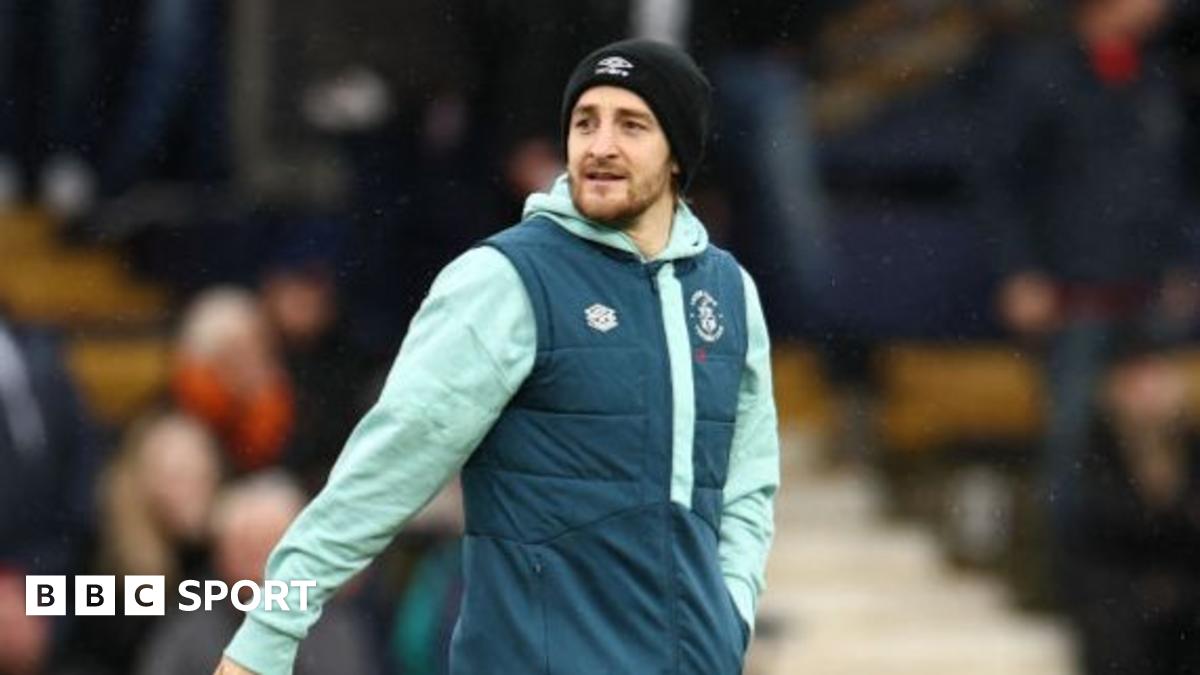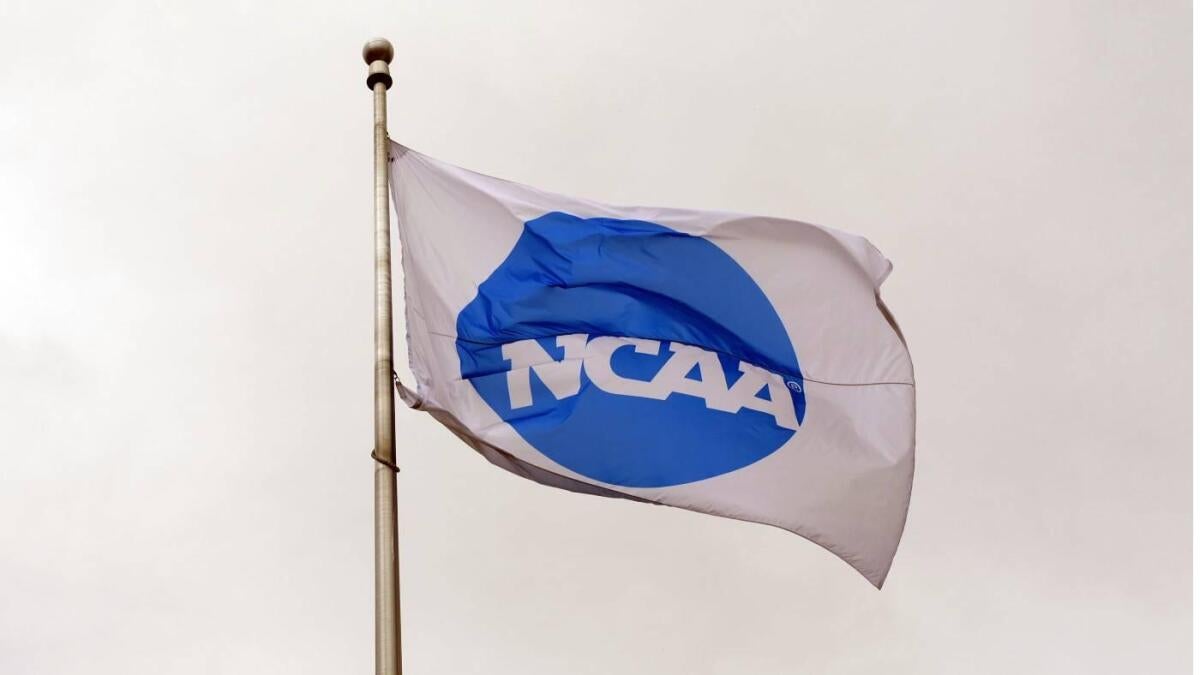NCAA Settlement Faces Scrutiny Over Roster Cap Regulations

By Karen Weaver, Contributor
DAYTON, OHIO - MARCH 15: A detailed view of an NCAA logo is seen prior to a First Four game of the NCAA Men's Basketball Tournament at the University of Dayton Arena on March 15, 2023, in Dayton, Ohio. (Photo by Andy Lyons/Getty Images)
Earlier this week, Senior District Judge Claudia Wilken made headlines with her ruling related to the $2.8 billion settlement in the landmark case of House, et al v NCAA. This groundbreaking legal battle has significant implications for college athletics, as it allows universities to share revenues with student-athletes. However, Judge Wilken's recent order has put the settlement on hold until the NCAA agrees to amend its current roster cap rules.
Judge Wilken's ruling was clear: she will not finalize the settlement agreement unless adjustments are made to address the roster limits imposed by the NCAA member schools. In her remarks, she stated, The Court finds that the decision by Defendants and NCAA member schools to begin implementing the roster limits before the Court granted final approval of the settlement agreement is not a valid reason for approval of the agreement in its current form, despite the harm discussed above.
Wilken highlighted that any disruption caused by the immediate implementation of these roster limits is a result of actions taken by the NCAA and its member schools, suggesting that they should not have interpreted the court's preliminary approval as a guarantee of final approval. She also noted the importance of considering the reactions of class members, stating, One of the factors that courts must consider when determining whether to grant final approval of a settlement agreement is the reaction of the class members to the agreement.
During a recent hearing in April, over 100 current and prospective college athletes voiced their concerns, either in person or through written correspondence to the Court. They expressed deep disappointment that opportunities to play at schools in the Power 5 conferences involved in the suit were being stripped away. Athletes from a range of sports, including baseball and track and field, conveyed their heartbreak over the seemingly arbitrary removal of their competitive chances. Judge Wilken showed empathy towards their situation, remarking to both parties involved, No one likes to have things taken away from them.
To address what she views as an overly hasty agreement, Judge Wilken stated that she would postpone the final approval decision to allow both parties to modify the settlement. She suggested that one way to accomplish this could be to ensure that no members of the Injunctive Relief Settlement Class who currently have or had a roster spot would lose it due to the immediate implementation of the settlement agreement. She indicated that roster limits could be gradually introduced through attrition.
Judge Wilken left the door open for other methods to mitigate the harm inflicted upon the Injunctive Relief Settlement Class members. She mentioned that another round of notices to class members might not be necessary if the parties could modify the settlement in a way that does not negatively impact these individuals. To facilitate this process, she has instructed both parties to collaborate with a court-appointed mediator, Professor Eric Green, and has invited attorneys representing affected athletes to engage in discussions with the mediator or the Magistrate Judge.
Should a resolution not be achieved within the next two weeks, Judge Wilken has already set a case management schedule that is designed to push the antitrust case, valued at over $3 billion, towards trial, which could potentially occur in 2026.
Co-lead plaintiffs attorney Steve Berman expressed gratitude for the courts oversight and careful consideration of this pivotal case. He remarked, We appreciate the courts guidance and thoughtful review of this monumental case. We are pleased that the court has rejected all of the objections but the roster issue, and we will work hard to convince the NCAA and the conferences to address the court's concerns. If we are unable to do so, then we are off to trial and we will return to fighting the NCAA in court with next steps.
In a joint statement released after the ruling, the attorneys representing the NCAA and the involved conferences stated, We are closely reviewing Judge Wilkens order. Our focus continues to be on securing approval of this significant agreement, which aims to create more opportunities than ever before for student-athletes while fostering much-needed stability and fairness in college sports.



























